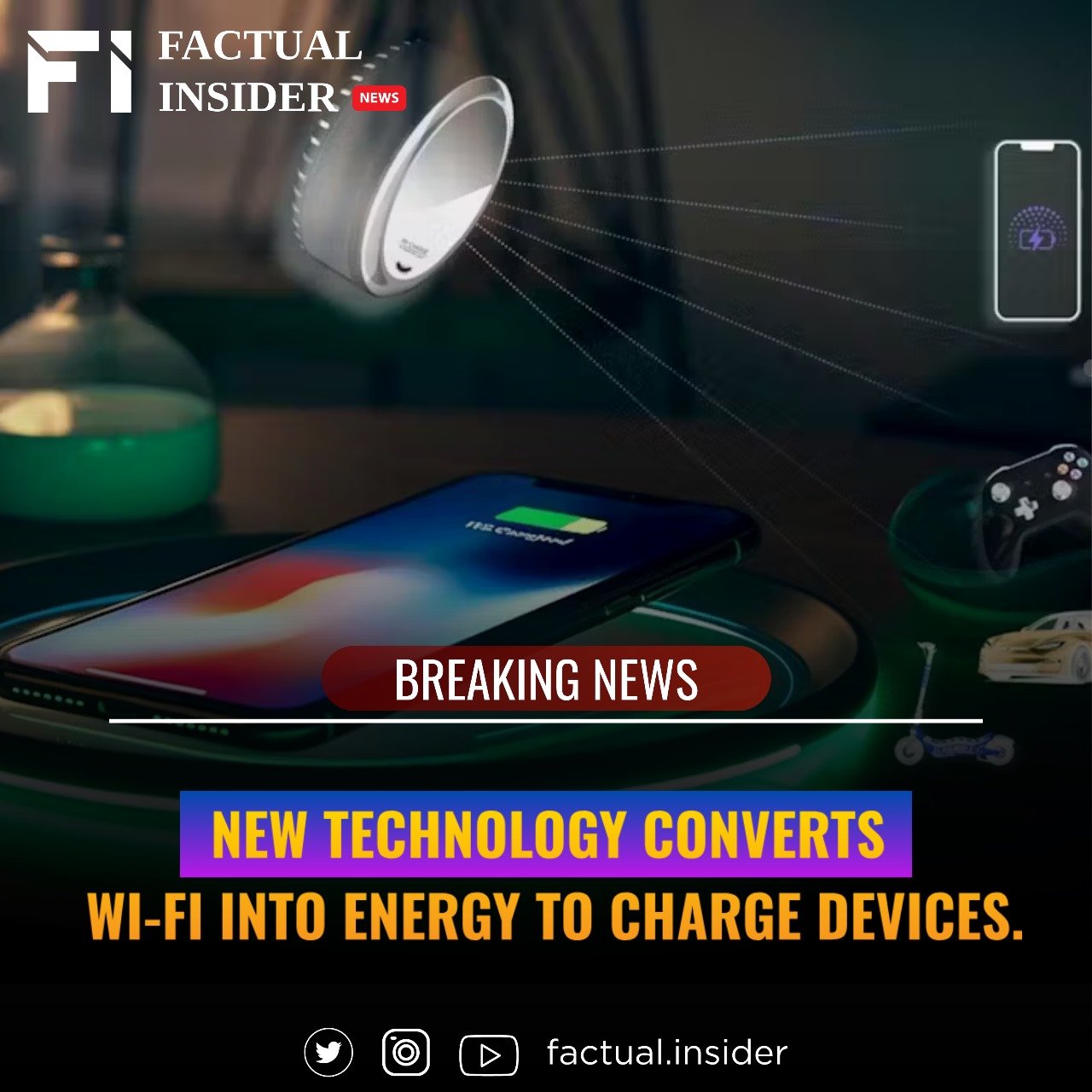Recent advancements in technology have led to the development of devices capable of converting ambient Wi-Fi and Bluetooth signals into electricity, potentially eliminating the need for batteries in small electronic devices.
Researchers have designed a novel antenna that utilizes quantum-level electron behavior to harvest these radio signals, transforming them into usable power. In 2019, a team from MIT introduced a fully flexible, battery-free “rectenna”—a device that converts Wi-Fi signals into electricity. This innovation holds promise for powering flexible and wearable electronics, medical devices, and sensors within the Internet of Things (IoT) ecosystem.
Further research by Tohoku University, the National University of Singapore, and the University of Messina has led to the development of a technology that efficiently harvests ambient low-power radiofrequency signals, such as Wi-Fi, converting them into direct-current power.
These advancements suggest a future where electronic devices could operate without traditional batteries, relying instead on ambient wireless signals for power. This shift could lead to more sustainable and maintenance-free electronics, reducing reliance on battery production and disposal.
While these technologies are still in the research and development phase, they represent a significant step toward creating self-sustaining electronic devices powered by ambient wireless signals. As this field progresses, we may see the emergence of a new generation of devices that operate without the need for traditional batteries, marking a substantial advancement in electronic technology.






